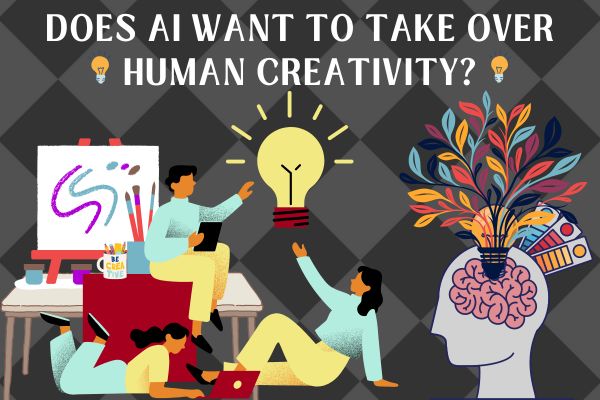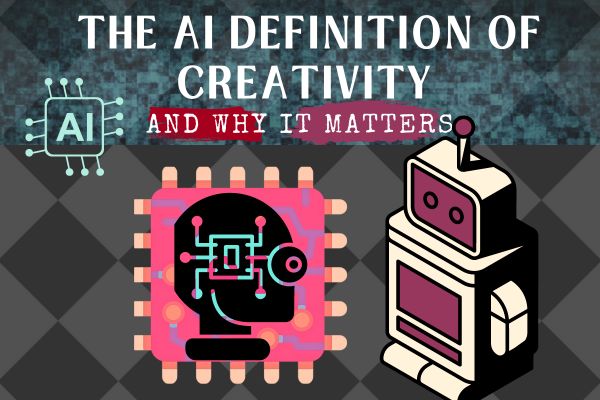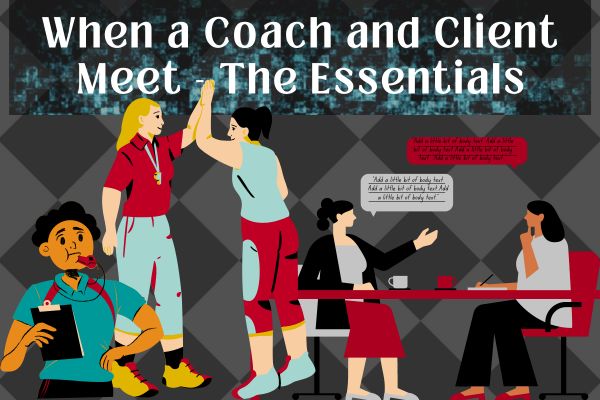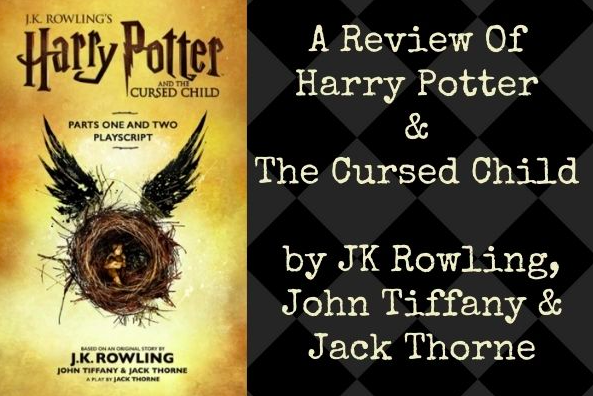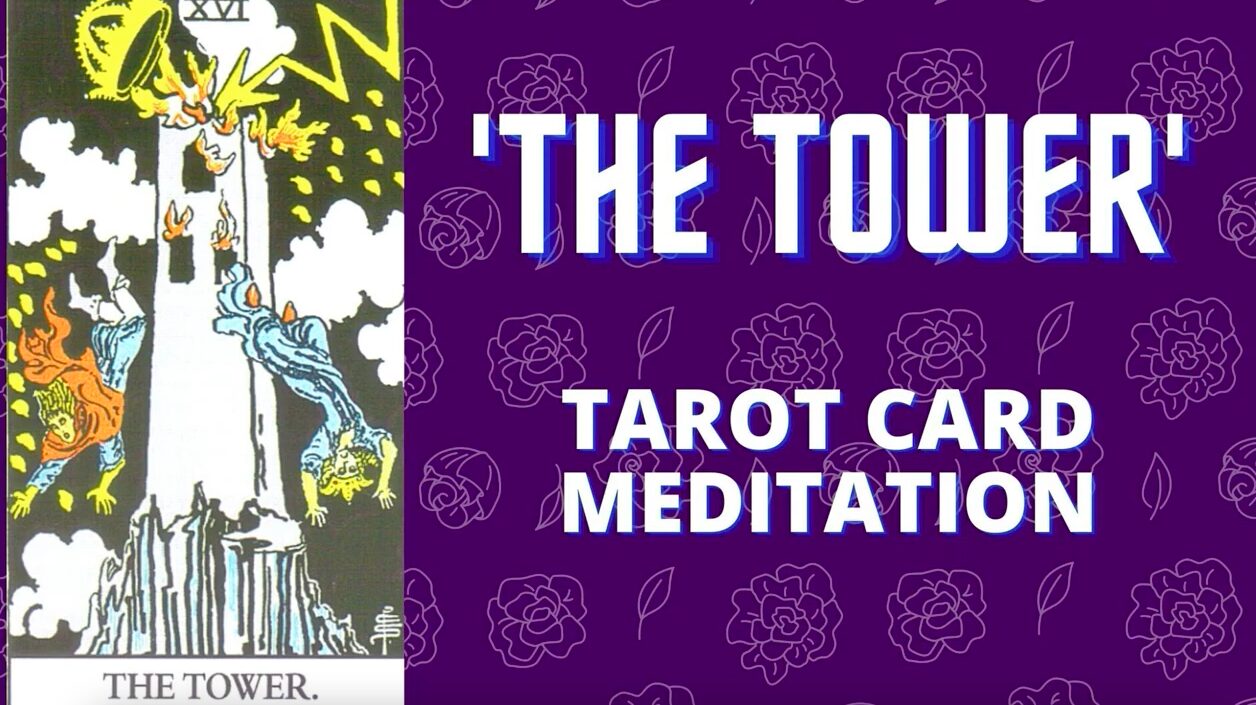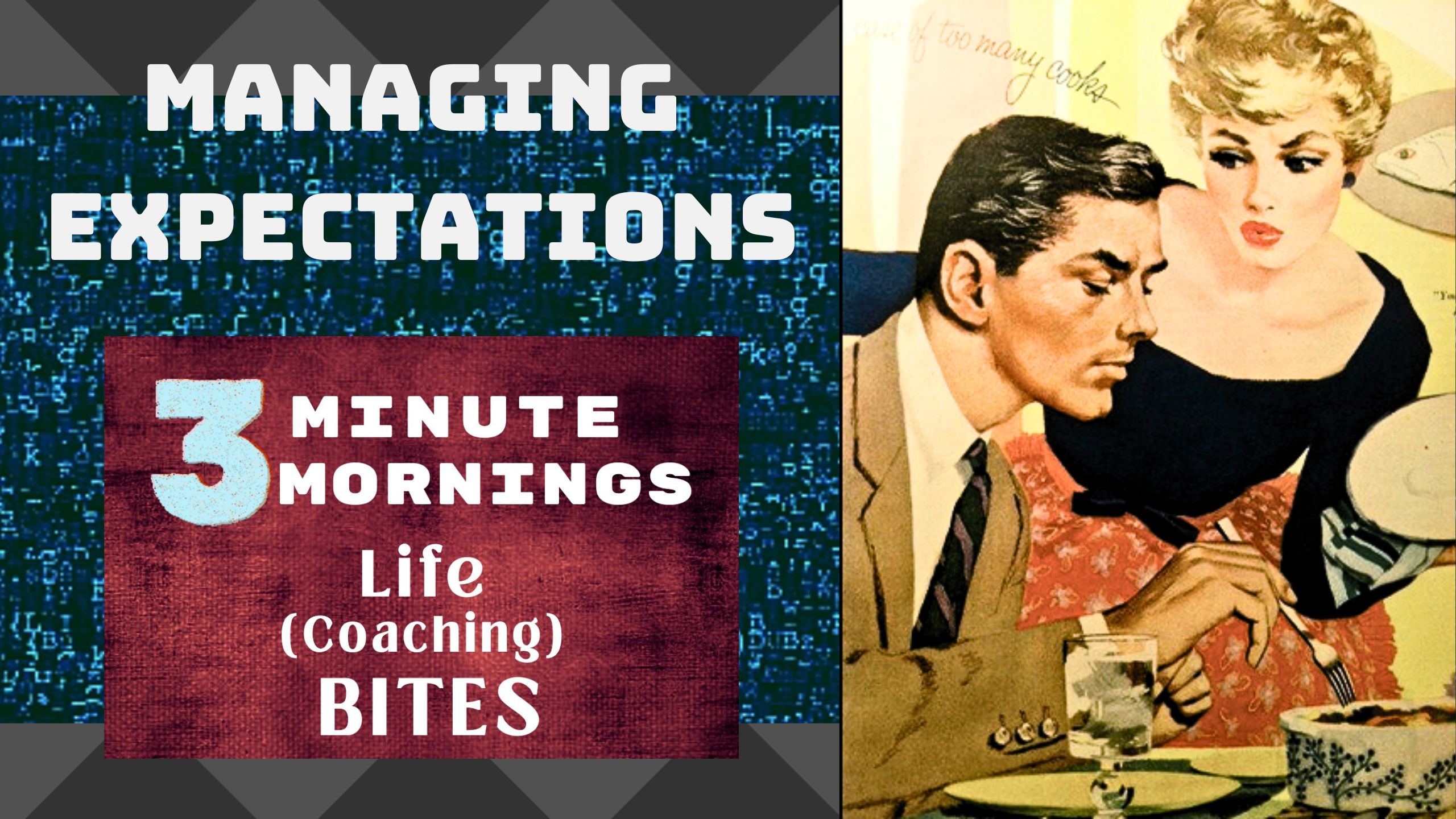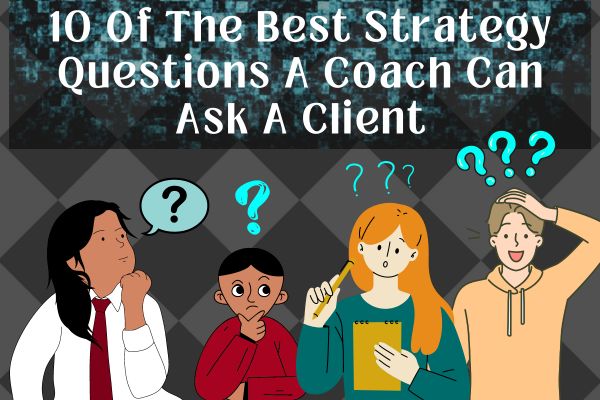There are many AI copycats to ChatGPT these days. There is little difference in how they behave. So, I chose one of them and put it to the test.
“Does AI want to take over human creativity?” I asked it.
This was its reply;
“No, AI does not have any inherent desire or intent to “take over” human creativity. AI systems are tools created by humans to assist and augment human capabilities, including creativity.”
– Artificial Intelligence
AI as a Creativity Enhancer
Some content creators and researchers find that AI helps to enhance and augment human creativity and that it will never replace it entirely.
AI continues to evaluate itself against human creativity and says this;
- “AI can help overcome challenges in the creative process, such as generating novel ideas, exploring visual concepts, composing music, and providing textual prompts to spark writing.
- AI can analyze vast amounts of data to make unexpected connections, fueling the creative spark for artists, musicians, writers, and other creatives.
- AI-generated content can serve as a starting point or inspiration for human artists to build upon and integrate their own unique perspectives and emotional depth.”
Of course, this relies on human beings not becoming overly reliant on AI… for anything.
If this happens there are several areas of concern;
- Relying too heavily on AI can hinder the development of artists’ own creative thought process
- AI lacks the intuitive leaps, spontaneity, and imagination unique to human creativity.
- What does ‘authentic’ mean in relation to AI? Or ‘organic’ when it comes to human creativity. Only a real person can own his or her own creative process.
Human Creativity Remains Essential
Ultimately, the search results suggest that while AI can be a powerful tool to enhance human creativity, it can’t fully replace the depth, uniqueness, and resonance of human creativity.
Human creativity and the ability to generate truly new ideas remain essential to humanity’s growth and very survival.
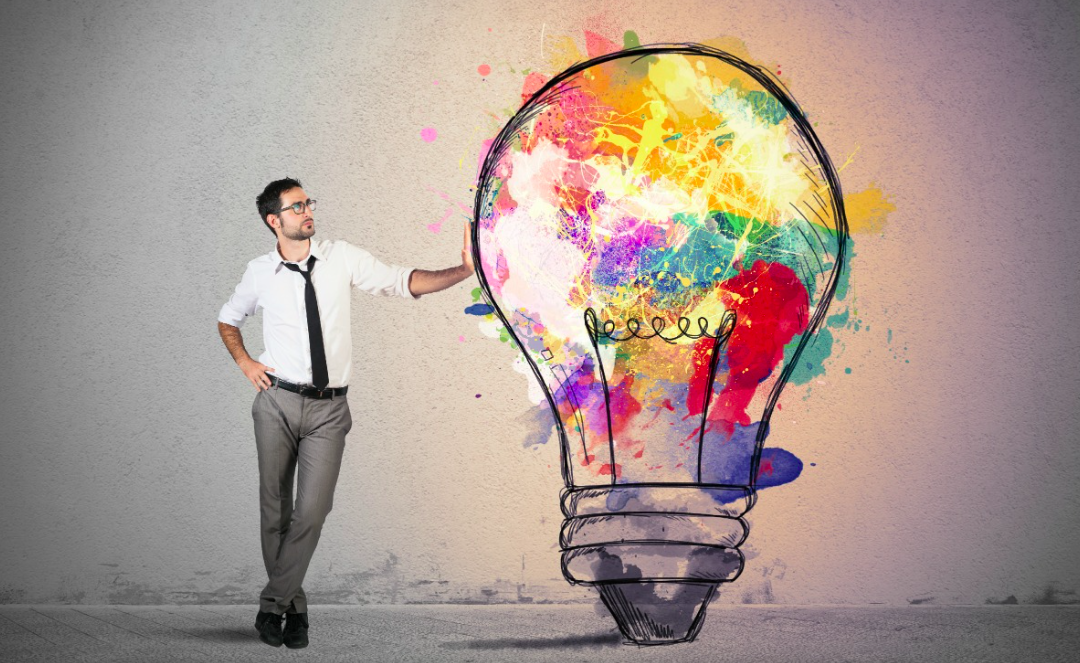
The main challenges of using AI in creative processes are:
- The loss of an authentic human perspective and real imagination and innovation. We need the human spirit to imbue their creations that resonate emotionally and spiritually.
- An over-reliance on AI for ideation, visuals, or other creative aspects can hinder the development of an artist’s own skills and intuition. It may lead to a decline in manual techniques and artistic proficiency over time. This in fact, is already happening to some degree.
- The lack of development in human intuition. AI-generated content is based on data patterns. Which means it always reaches into the past. Unlike human beings who can make connections and extend their vision into the future. It’s also dependent upon the quality of data AI pulls from. As a result AI can not produce the truly unique and groundbreaking creative works human beings are known for.
- There are ethical considerations around ownership, copyright, and authorship of AI-generated creative content. There are also concerns about AI perpetuating biases and inequalities which are often times baked into the data it accesses.
- The effectiveness and accuracy of AI systems rely heavily on the quality of the data it uses. This I believe is AI’s greatest deficiency.
- While AI can generate ideas, designs, and content, it cannot make the same critical creative decisions humans do that can take a project from good to great. In my opinion, AI will never, ever be able to make these types of decisions because most often they are Divine level inspiration. No human being can program AI to do what the Divine does.
So in the end, let me say this – I think the main challenges for human creativity is using AI in a way that is balanced and works to OUR advantage.
However, I’ve been around for awhile. I’ve seen a couple of generations of Americans move through this economy now. What tends to happen is distraction and indulgence. I’ve seen many youtube videos now promoting the fact that you can make big money on Amazon by writing a book with AI. As a writer the complete abdication of your own input into a piece of work is an aberration.
At the same time, I understand the desire to use it as a framework for an entire piece of work which I also think it not only completely acceptable, but wise to do.
The bottom line is use AI with caution and be deliberate. Preserve your own inner voice in the process and ultimately create more interesting works of art and innovation.
Check out these Creative Warrior Blog Posts…
Explore Spontaneous Crazy time Creativity
How To Use The O.A.R.S. Method for Better Communication
The 10 Divine Principles of Living
Work With A Psychic To Avoid Using Anti-Depressants
ACX Audition For “Sergei” by Roxie Rivera
Check out this poem… Trumpet Faces
An example of children’s book editing (by Renee)
Making Changes for Clarity in this Children’s book
